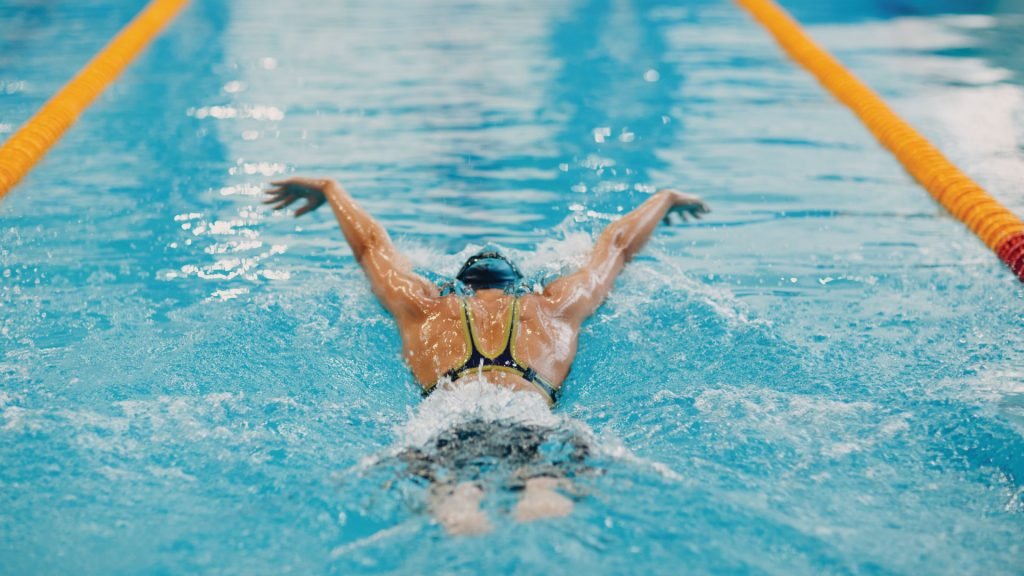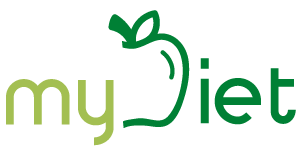Sports Nutrition
Whether it’s a high-level athlete or someone engaging in recreational sports for fun, a balanced diet can truly make a difference. Regardless of the level, we provide nutrition advice for athletes with the following goals in mind:
- Improving performance in exercise
- Recovery post-competition/training and injury prevention,
- Achieving goals such as improving body composition (“toning,” etc.) and weight loss.


Who Is the Service For?
- Professional athletes or high-level athletes aiming to enhance their performance in their sport, e.g., marathon runners, swimmers, professional football players, etc.
- Athletes interested in improving body composition (fat loss and muscle gain, diet for definition, etc.)
- Children and adolescent athletes to support both performance and development
- Athletes and sports enthusiasts with specific dietary preferences (vegetarians, individuals excluding specific food groups, etc.)
Basic Principles of Sports Nutrition

The energy required for life and physical activity comes from the food we eat and fluid intake. The macronutrients in the following food groups provide the necessary energy for optimal body function.
Carbohydrates
Carbohydrates are either simple or complex and are the most significant source of energy for the human body. Simple carbohydrates include sugars found in foods such as fruits, vegetables, and milk. Whole grain bread, potatoes, most vegetables, and oats are examples of healthy complex carbohydrates. The digestive system breaks down carbohydrates into glucose or blood sugar, providing energy to cells, tissues, and organs.
Proteins
Proteins are composed of a chain of amino acids and are essential for every cell in the human body. Protein can be either complete or incomplete. A complete protein contains all the amino acids the body needs and includes animal sources such as meat, fish, poultry, and dairy.
Incomplete protein sources (usually plant proteins) often lack one or more of the essential amino acids. Essential amino acids cannot be produced by the body and must be provided by food. Protein plays a significant role in muscle recovery and growth.
Fats
Fats can be saturated or unsaturated and play a vital role in the human body. Unsaturated fats, derived from plant sources like olive oil and nuts, are considered healthy. Saturated fats, found in animal products such as red meat and dairy, increase the risk of diseases. Consuming saturated fats raises the risk of illness.
Healthy fats provide energy, aid in body development, protect our organs, and maintain cell membranes.
Water
Water assists in lipid metabolism, proper digestion, toxin removal, and lubrication of
joints.
- An athlete should drink around 2-3 liters of water per day, especially if consuming large amounts of protein.
- Additionally, athletes need extra water during exercise to avoid dehydration.
Vitamins – Minerals and Trace Elements
All vitamins, minerals, and trace elements are necessary for the proper functioning of the body. Vitamin C is considered one of the most important vitamins to be taken before and after exercise. Equally important elements for the body are sodium, chloride, and potassium.
Special Meals
Special meals should be consumed before and after training. These meals are included in the dietary plan.
Before Training
- The last solid meal should be consumed at least 2-3 hours before training to ensure proper digestion and to avoid discomfort during exercise. This helps to ensure that the athlete does not train with reduced muscle glycogen or amino acid concentrations.
- Thirty minutes before high-intensity exercise lasting an hour, a small intake of carbohydrates and proteins can be beneficial to improve performance. However, the consumption of food so close to training depends on personal preferences and sensitivity to carbohydrates. This will be discussed individually with each athlete before planning their dietary plan.
During Training
Hydration is one of the most important factors for performance during training. In cases of workouts or races lasting less than 1 hour, water usually suffices. Calculate your water needs based on the amount of sweat lost in a typical workout.
Try weighing yourself immediately before and after a typical workout. The difference in measurements reflects fluid loss. This, plus the water you may have consumed during the workout, is the total amount of fluids you should drink during the exercise.
For training sessions lasting longer than 1 hour, try a sports drink (isotonic) that provides carbohydrates (at 6-8% concentration) to replenish lost glycogen and electrolytes lost through sweat. This will help you maintain steady performance and high energy levels during training.
After Training
After training, glycogen stores are depleted, and replenishing them (starting with muscle glycogen) is crucial immediately after the end of the exercise. The body needs to be supplied with nutrients, so the right combination of carbohydrates and proteins should be consumed to initiate proper replenishment.
- It doesn’t matter if the meal is solid or liquid. But, it should be easily digestible and quickly leave the stomach so the athlete can consume subsequent meals. Therefore, liquid meals are recommended, while fats and fibers should be avoided.
Dietary Supplements
It should be emphasized that when someone follows a proper diet, they can meet their needs through the foods they consume, no matter how increased they may be. Therefore, the use of supplements should only be considered if deemed necessary.
Supplements can help in the following ways:
- Partially cover deficiencies, if present.
- Help the athlete consume certain nutrients in an optimal dose that may not be achievable through diet alone.
- Provide ingredients that may improve performance.
It should be noted that the basis for muscle growth and fat loss is proper training, diet, and adequate rest. If you have the wrong training program, don’t eat properly, or don’t give your body the necessary rest time, dietary supplements won’t help.


What about vegan athletes?
Vegetarianism is an international trend with more and more followers in recent years. Many athletes wish to become vegetarians or at least reduce meat consumption for various reasons (ethical, health-related, environmental, etc.).
A vegetarian diet seems to have many health benefits for the general population, and according to global organizations, it can be a complete dietary choice even for athletes, provided it is properly planned. However, a vegan diet for athletes is more challenging to be complete and requires special planning based on available options, the athlete’s schedule, and specific requirements to be energy, micronutrient, and macronutrient complete. This includes not only careful dietary planning with a variety of vegetarian options but sometimes also the use of dietary supplements, depending on the athlete’s needs.
Finally, it is very important for individuals to be properly educated by a specialist on this topic in order to be aware of dietary pitfalls and be able to cope.
“From Monday” is just a temporary excuse to deceive ourselves. The extension anchors us back into our existing daily routine.

